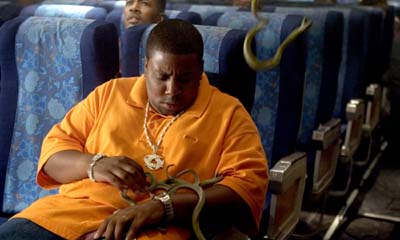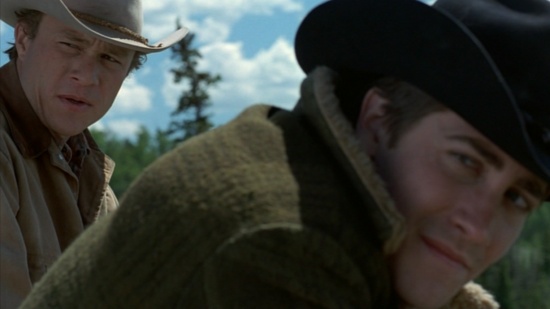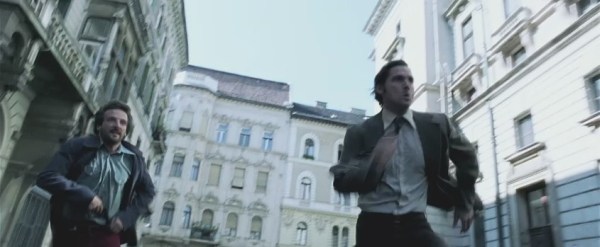I regard criticism as an art, and if in this country and in this age it is practiced with honesty, it is no more remunerative than the work of an avant-garde film artist. My dear anonymous letter writers, if you think it is so easy to be a critic, so difficult to be a poet or a painter or a film experimenter, may I suggest you try both? You may discover why there are so few critics, so many poets.
Pauline Kael, KPFA Broadcast, 1963
There aren’t many critics who could get away with a statement like that. They generally lack the cachet: criticism isn’t held in high esteem because it is seen as a by-product of art, rather than an expressive pursuit in itself. There is some justice in this, as even the best critics are there to serve the appreciation of the medium they are talking about, making it difficult to justify the consideration of their criticism as a piece of creative work with its own worth. As a result, critics are held in contempt by many, and writing about or discussing the quality of a critic’s work in any depth can be seen as a self-defeating exercise. What could be more of a redundant exercise than criticising critics, and thus putting yourself a level even further down in the hierarchy? To the extent they are thought about at all, then, critics tend to be seen as the bottom feeders of the artistic establishment. The general quality of film criticism has done little to change this perception: many media outlets take the view that basically anyone can review a movie, meaning that even the professional film reviewing sector has a very poor base standard. While the public’s interest in cinema ensures an audience for film criticism, most readers undoubtedly feel that if they were given the job they could write as good or better reviews themselves, and frequently they would be right. Against such a background, only a very assured and confident film critic could try to argue that criticism is an art in itself, rather than a subsidary pursuit. Yet if anyone could ever make such a claim, it was Pauline Kael.
While the public’s interest in cinema ensures an audience for film criticism, most readers undoubtedly feel that if they were given the job they could write as good or better reviews themselves, and frequently they would be right. Against such a background, only a very assured and confident film critic could try to argue that criticism is an art in itself, rather than a subsidary pursuit. Yet if anyone could ever make such a claim, it was Pauline Kael.
Continue reading →



